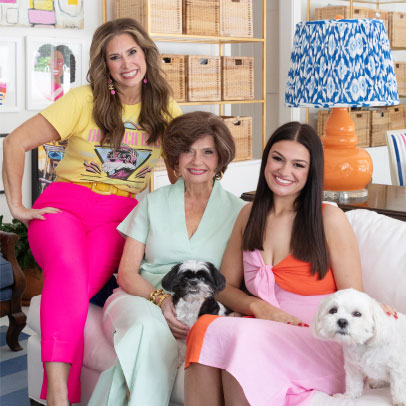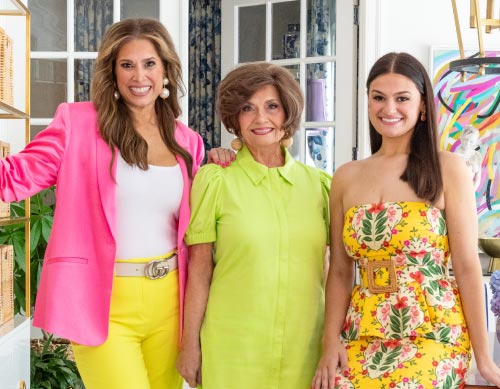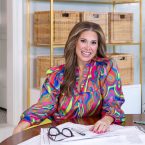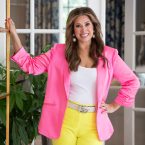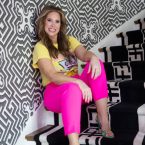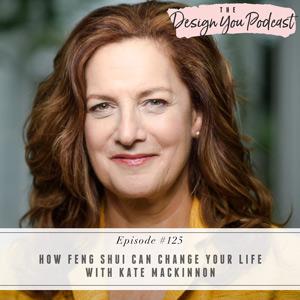
You may have heard of Feng Shui, but what do you actually know about it? Feng Shui literally translates to wind-water in English and is all about bringing good energy into your space. The idea is that you can create a balance of flow in your home which, in turn, creates peace. It may seem a little woo woo, but if you’re open to the idea of considering how your home or space might be stopping you from having everything you want, you’ll love this episode!
Certified Feng Shui Practitioner Kate MacKinnon joins me on the podcast this week to tell us how to bring the transformative power of Feng Shui to our homes and explain why the spaces we inhabit should align with what we want in life. She’s here to express why good home design has good Feng Shui, and how we can all use energy to create a more peaceful home.
Tune in this week with an open mind to consider the ways your current environment may be affecting you and how you can apply the principles of Feng Shui to create a more clutter-free, organized home. Discover the science behind energy, and why clearing out what you don’t need and only keeping what you do can create space for more health, wealth, and abundance in your life. If you want to know how to use energy to attract great things, you won’t want to miss this episode!
If you want to keep this conversation going, you have to join my free Design You Podcast community on Facebook. We have great conversations over there about the podcast episodes and our podcast guests are in there too! So head on over and I’ll see you there!

